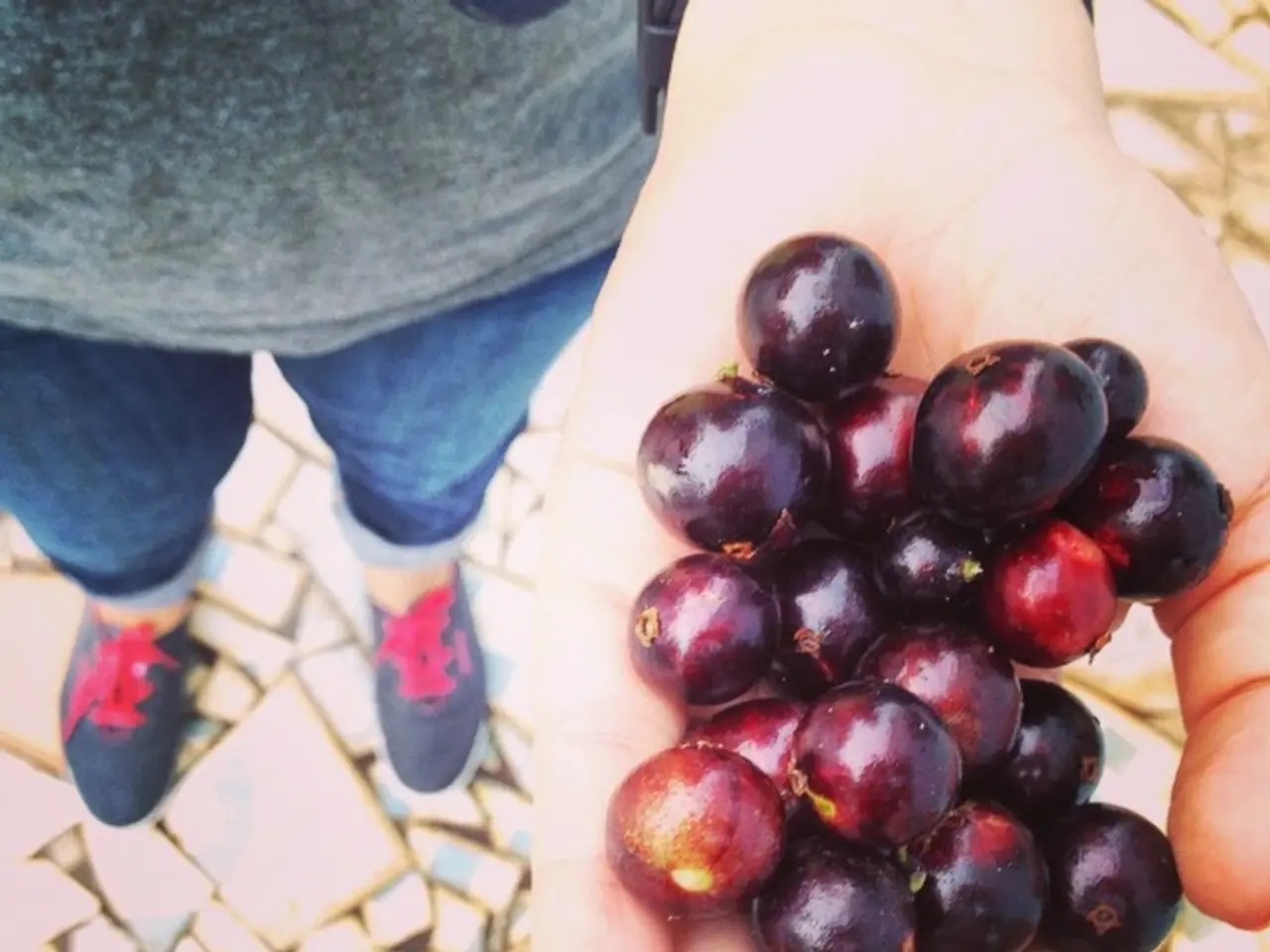Consuming grapes or raisins is harmful to cats, and they should be avoided.
In a crucial piece of advice for cat owners, it's essential to be aware that grapes and raisins can be toxic to our feline friends. Although the exact toxic substance is yet to be identified, even small amounts can lead to severe health issues in cats.
Cats, being obligate carnivores, require a meat-based diet to thrive. However, dabbling in human foods like dairy products, white chocolate, and other treats can potentially harm them. When it comes to grapes and raisins, the risk is particularly high.
The toxicity of these fruits can manifest in various symptoms, often starting with vomiting, which is often the first sign. Other symptoms may include diarrhea, lethargy, loss of appetite, abdominal pain, dehydration, excessive thirst or increased urination. In severe cases, signs of kidney failure such as little to no urination may occur.
The mechanism of toxicity remains unclear, making it difficult to define a safe amount. This means that any ingestion of grapes or raisins by cats should be treated seriously. Kidney damage is indicated by changes in blood chemistry (elevated urea and creatinine), and clinical signs may develop within hours or days after ingestion. Some cats may also show neurological symptoms like wobbliness or muscle tremors several days after exposure.
Due to the unpredictable risk of toxicity, it's best to keep grapes and raisins out of reach from cats. If you suspect your cat has eaten these fruits, close monitoring is critical. Immediate veterinary care is essential to mitigate kidney damage, even if the cat initially seems unaffected.
In addition to grapes and raisins, it's important to be mindful of the treats you give to your cat. Treats should align with their diet, such as freeze-dried chicken, commercial cat treats, or vet-approved snacks.
This article was created in conjunction with AI technology, fact-checked, and edited by a HowStuffWorks editor. Always consult with your veterinarian for personalised advice on your cat's diet and health.
- Apart from understanding the danger of grapes and raisins, it's significant to remember that cats, as obligate carnivores, should primarily consume foods based on meat to maintian optimal health-and-wellness.
- Dairy products, white chocolate, and other human treats, if consumed by cats, might potentially lead to fitness-and-exercise issues, similar to the risk posed by grapes and raisins.
- In the realm of mental-health, pet owners should be aware of their cats' behaviors, such as changes in eating habits or energy levels, as these can signal health concerns.
- For balanced lifestyle and skin-care, a well-rounded cat diet should also account for proper nutrition, including essential vitamins and minerals required for a thriving pet.




